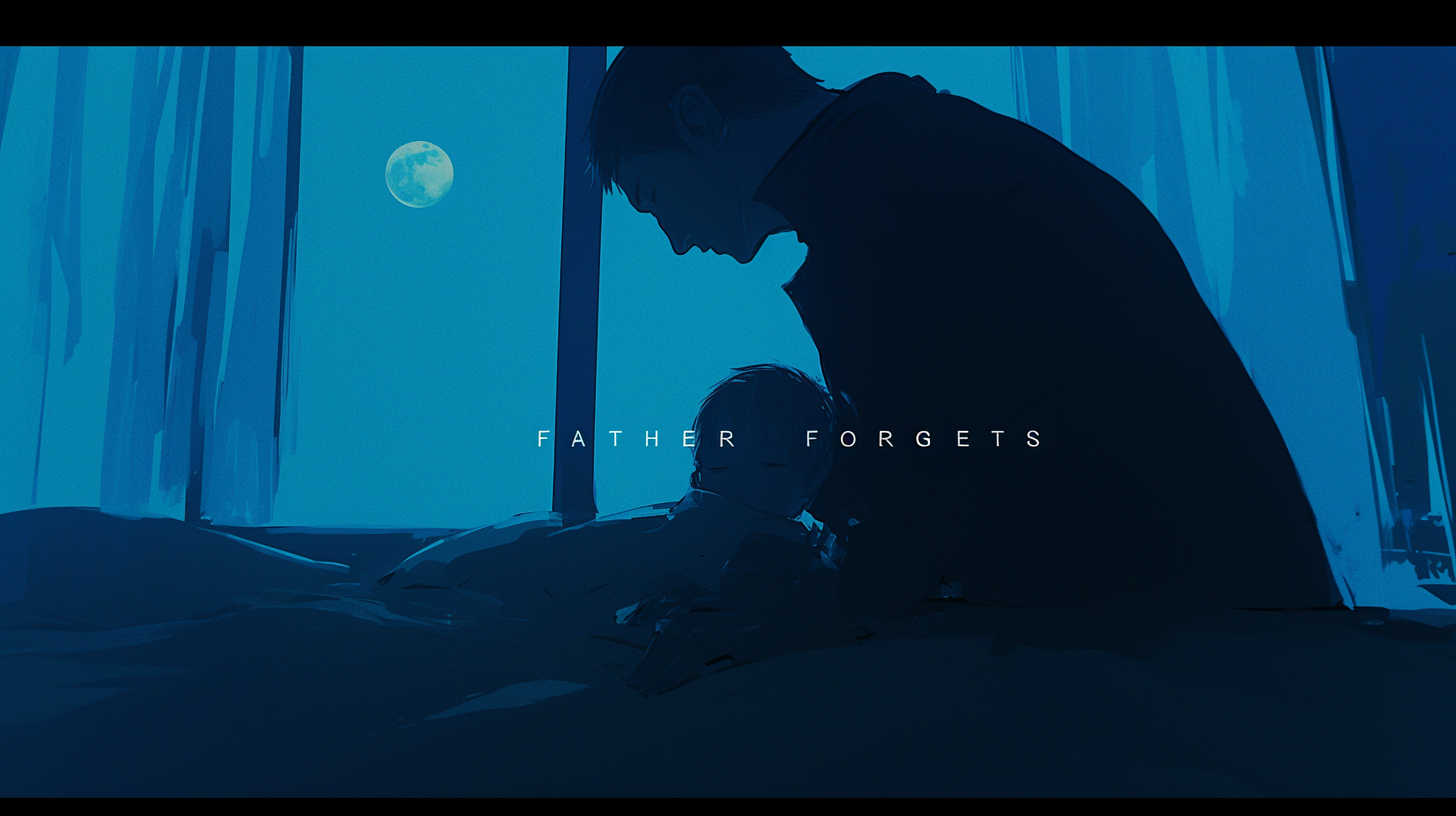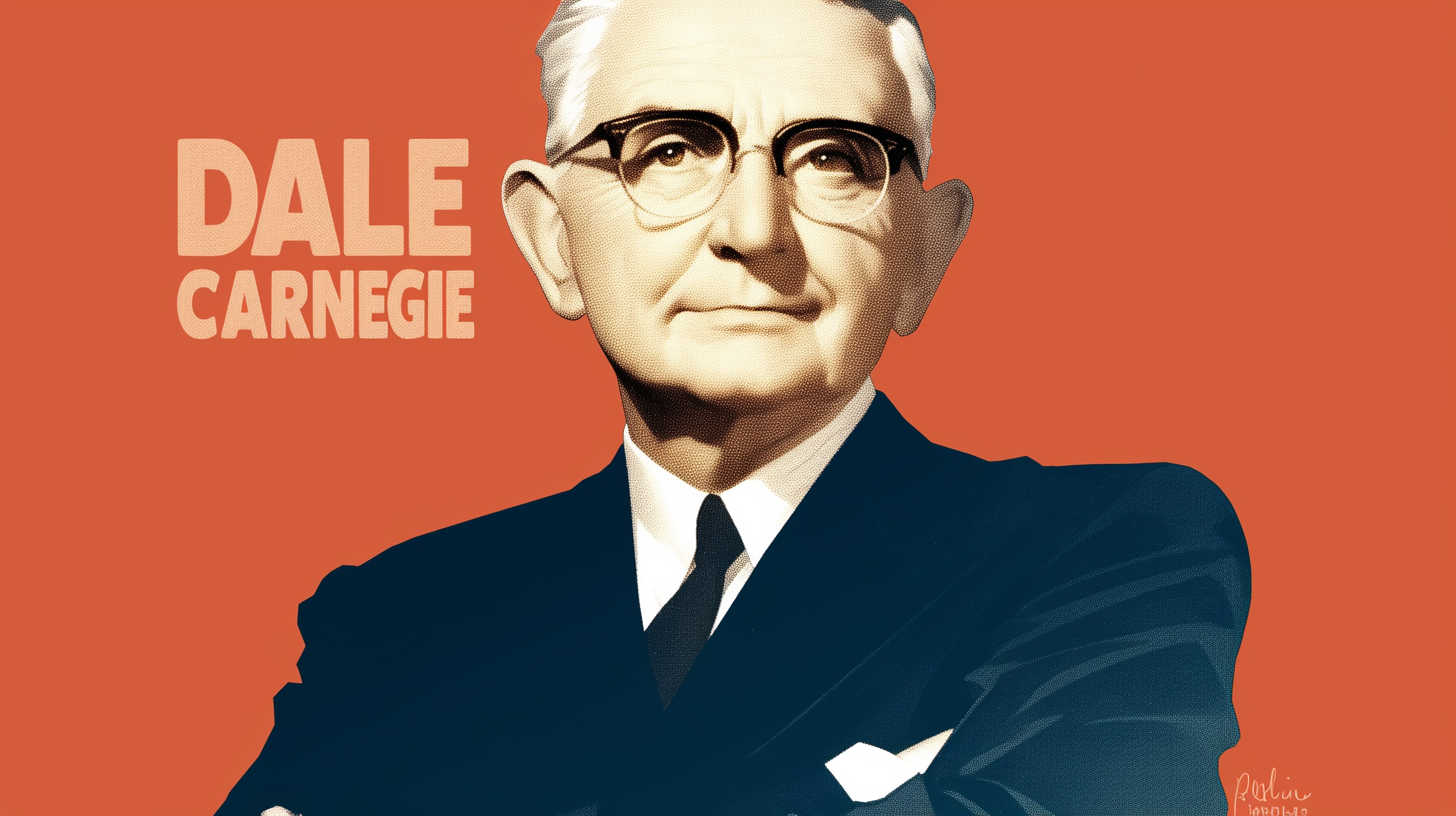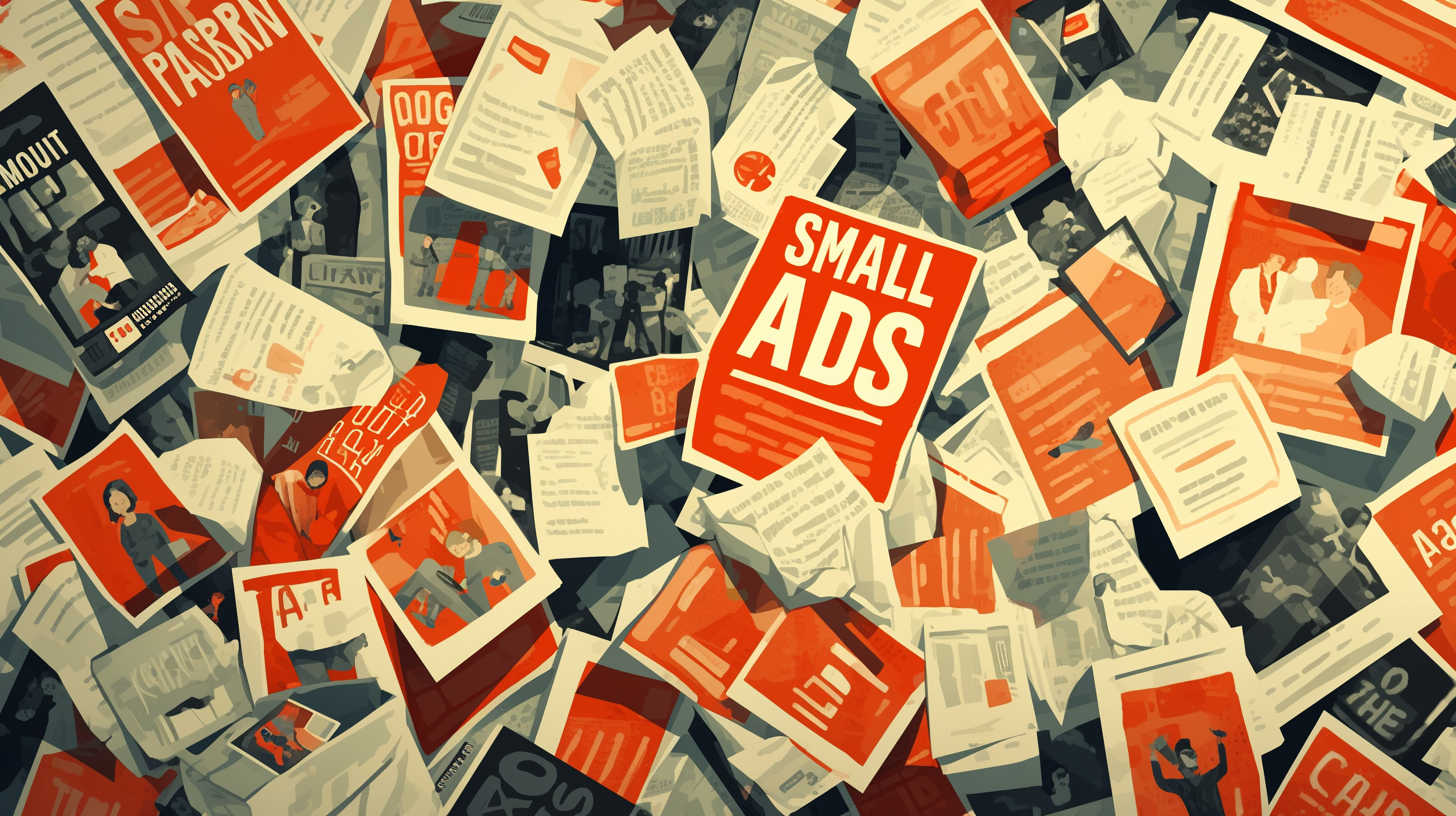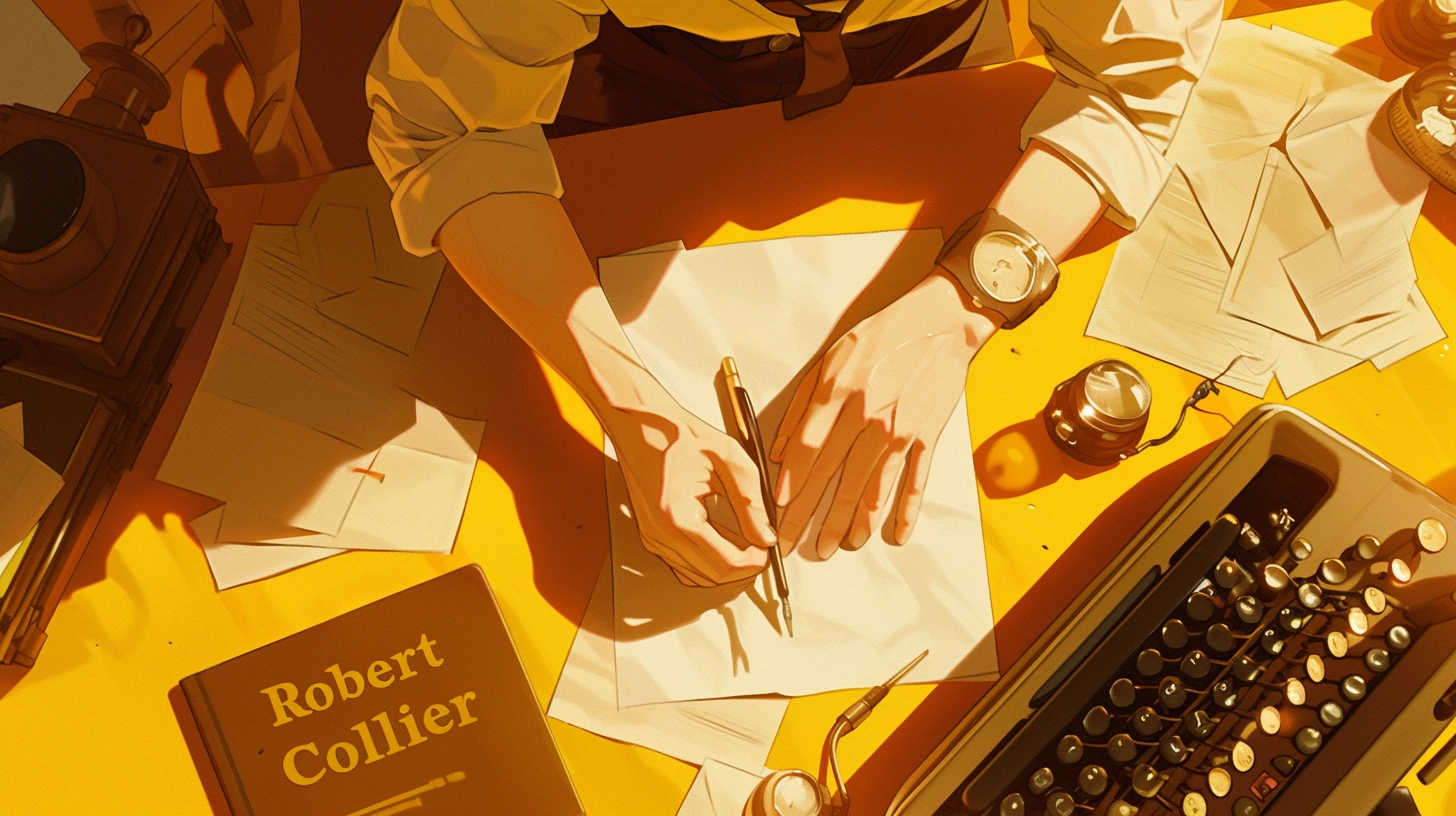· 5 min read
Father Forgets - A Poem by W. Livingston Larned
A lesson for fathers everywhere. Before you criticize your children, read this poem first

Dear Reader:
On Father’s Day, I want to share a poem. It is short and simple but it speaks volumes.
Written almost a century ago by William Livingston Larned, the poem has been printed in numerous magazines, newsletters, and newspapers in America and around the world. Even colleges and high school publications have published it because of its universal appeal.
Below is the condensed version that appeared in Reader’s Digest in 1927:
Father Forgets
Listen Son, I am saying this as you lie asleep, one little hand crumpled under your cheek and blonde curls sticky over your wet forehead. I have broken into your room alone. Just a few minutes ago, as I sat reading my paper in the library, a stifling wave of remorse swept over me. Guilty, I came to your bedside.
There are things which I am thinking, son; I had been cross to you. I scolded you as you were dressing for school because you gave your face a mere dab with the towel. I took you to task for not cleaning your shoes. I called out angrily when you threw some of your things on the floor.
At breakfast I found fault, too. You spilled things. You gulped down your food. You put your elbows on the table. You spread butter too thick on your bread. As you started off to play and I made for my train, you turned and waved a hand called, “Goodbye, Daddy!” I frowned, and said in reply, “Hold your shoulders back!“.
Then it began all over again late this afternoon. As I came up the road I spied you, down on your knees, playing marbles. There were holes in your stockings. I humiliated you before your boyfriends by marching you ahead of me to the house. Stockings were expensive, and if you had to buy them you would be more careful! Imagine that, son, from a father!
Do you remember, later, when I was reading in the library, how you came in timidly, with a sort of hurt look in your eyes? When I glanced up over my paper, impatient at the interruption, you hesitated at the door. “What is it you want?” I snapped. You said nothing, but ran across in one tempestuous plunge, and threw your arms around my neck and kissed me, and your small arms tightened with an affection that God had set blooming in your heart and which even neglect could not wither.
And then you were gone, pattering up the stairs. Well, son, it was shortly afterwards that my paper slipped from my hands and a terrible sickening fear came over me. What has habit been doing to me?
The habit of find fault, of reprimanding—this was my reward to you for being a boy. It was not that I did not love you; it was that I expected too much of youth. I was measuring you by the yardstick of my own years.
And there was so much good and fine and true in your character. The little heart of you was as big as the dawn itself over the wide hills. This was shown by your spontaneous impulse to rush in and kiss me good night. Nothing else matters tonight, son. I have come to your bedside in the darkness, and I have knelt there, ashamed!
It is feeble atonement; I know you would not understand these things if I told them to you during your waking hours. But tomorrow I will be a realy daddy! I will chum with you, and suffer when you suffer, and laugh when you laugh. I will bite my tongue when impatient words come. I will keep saying as if it were a ritual: “He is nothing but a boy—a little boy!”
I am afraid I have visualized you as a man. Yet as I see you now, son, crumpled and weary in your cot, I see that you are still a baby. Yesterday you were in your mother’s arms, your head on her shoulder. I have asked too much, too much.
How many fathers have strained relationships with their family because they are too busy with work? They spend less time with their kids which becomes a source of immense regret later in life.
Constant criticism, especially if it isn’t constructive or helpful is detrimental to family relationships. It brings only resentment and hurt feelings. At its worst, these feelings are suppresed until they erupt later in life when the child becomes an adult and starts his own family — continuing the negative cycle of criticism.
In this poem, the innocence of youth remains uncorrupted even though the father criticizes, scolds, and humiliates his son. But the simple act of hugging and kissing his father goodnight brings a profound realization to the father, who is filled with remorse.
Many of us would fare better off we tried to understand another persons perspective. Empathy is about understanding others, why they do what they do. To be sympathetic and tolerant gives us a chance to learn something about others and ourselves.
The result is happier relationships and a healthier family life. This in turn brings more prosperity and abundance.
Even after 97 years since it first appeared, this story is still moving and the message relevant as ever.
I remain,
Yours Truly, 





